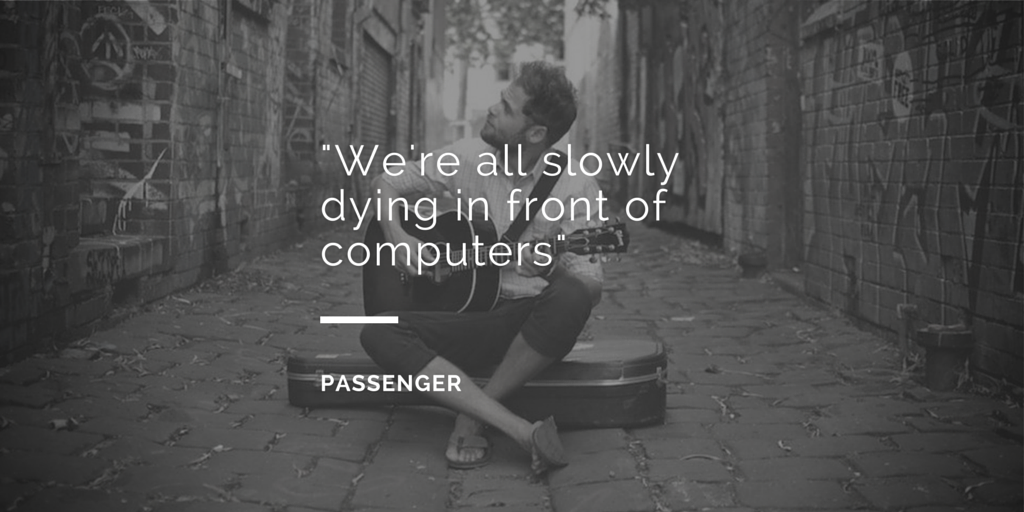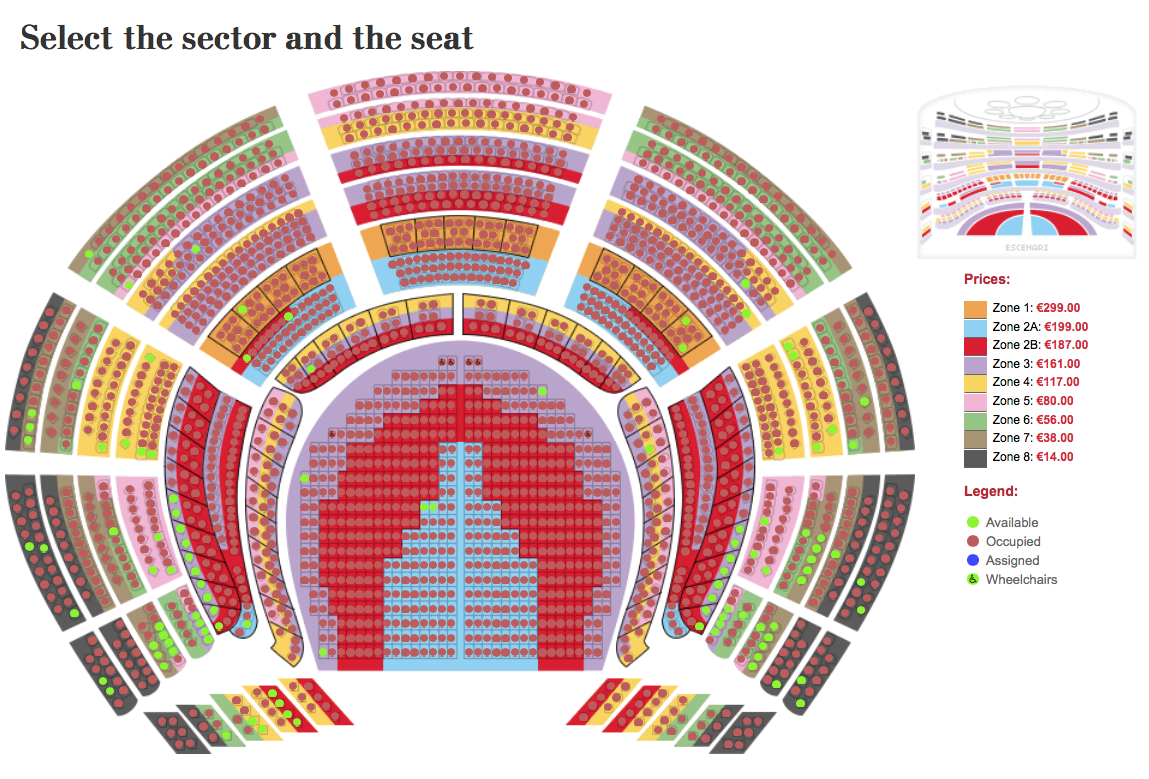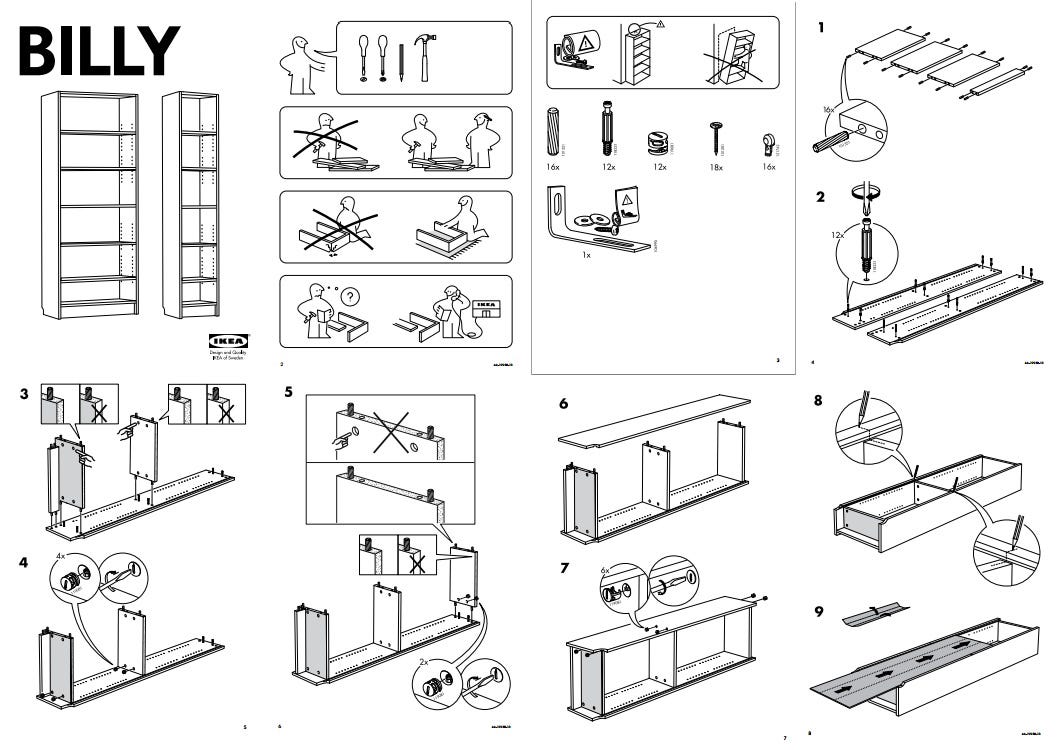I do admire a country where it has the good grace to rain during the
night. This morning, bright sunlight and
a brisk 14C to stimulate the circulation of the blood.
Although wittering on about the weather is enticing, it is not
really apropos to what I should be talking about. Viz. The Great Diet. Again.
Although it feels as if we have been under the Self-Denying
Ordinance for most of our lives, it is in fact, merely five days that we have
been watching what we have been eating.
Five bloody days! And this is
supposed to go on months!
While the horror of that last statement has time to settle,
snake-like, on the tenderer parts of my brain, the other parts of my brain
which are not dedicated to thinking of food and drink wondered about my use of
the phrase Self-Denying Ordinance and where I first heard it and what it meant,
rather than what I have made it mean in my little universe. When I use
the phrase I take it indicate a signal piece of self restraint: like buying a
stalls seat for the Opera rather than the front of the Dress Circle or buying
the paperback version of an Art Exhibition catalogue rather than the
hardback. You know, pulling back from
excess until it hurts!
I remember that the phrase is somehow connected to the Civil War and
must surely be something that the Roundheads invented, as it lacks the self-indulgence
of the Cavaliers, as they were not noted for the self-denying aspects of
life. I assumed that it was to do with
Religion (with a capital ‘R’) and therefore Oliver Cromwell and one or all of the
Puritans, Levellers, Ranters, Anabaptists, Quakers and my favourite of the
sects, the Muggletonians. I’m sure that
I have missed some of the groups out that contributed to The World Turned Upside Down, but I am impressed with what I can
dredge (albeit without much further detail) from my memory when I really try!
So, as a sort of knowledge is ever but a few brief clicks away, I
Googled the phrase and found out (reminded myself?) that the Self-Denying
Ordinance of 1645 was originally a bill which stated that no Member of
Parliament (The House of Commons or The House of Lords) could hold any command
in the army or navy. Thus, neatly
stopping inept (and King supporting) nobles from continuing command of any
military force. Unsurprisingly the House
of Lords, composed as it was entirely of nobles, rejected the bill and a
compromise bill was written which stated that parliamentarians from both houses
who were military commanders would resign from their commissions, but could be reappointed. This winnowing of the command of the military
facilitated the eventual formation of the New Model Army.
Which is all very interesting (at least to me) but apart from the
few minutes Googling, did not take my mind off what else there was to eat.
Don’t get me wrong, it is not as if we have done without lunch. We went to our local restaurant, the one with
the un-paralleled views of the Med and had a three-course meal!
My starter was a salad (good!) of quinoia (good?) green leaves,
carrot and cherry tomato (very good!)
with feta cheese (baddish!) I restrained
myself from adding oil and ate no bread.
My second course was prawn and spinach stuffed sea bass (good! good!
good!) and the drink that accompanied it was cold water (superb!) No wine, no bread, no extra oil! A positively saintly meal, at least in
calorie terms.
And yet, I hear a faint clearing of the throat, as if the unasked
question about the desert were hanging in the air. Ah, yes, the desert.
OK, to be absolutely truthful I happened to catch a glimpse of the
tart of the day that was based on Ferrero Rocher (extraordinarily bad!), and I
was hooked. And I did eat. But, as a sort of culinary justification I
did also eat half a slice of melon and, surely that must count for something in
my over-weight defence?
I accompanied the meal with a 1.5L bottle of water and I drank the
lot. I am sure that this is excellent,
but perhaps we should not have gone straight from the meal to the shops as Toni
wanted to buy an auger. And I am
prepared to bet that that is the first time that I have used that word in an
ordinary piece of writing. I think that
the only other time that I have found a use for such a word was in a distant
crossword, where I can remember (with the skeleton of two letters already in place)
thinking to myself that I knew what the word was and then feeling very smug
with myself for so doing! Anyway, the
search for the auger was also matched by my more urgent search for a toilet. There is a lesson to be learned there, I
think.
As the daylight fades and twilight steals up on the dieter, the
temptations of the night approach. I
don’t know why it is that darkness encourages hunger, but it does, and
sometimes, no often, no always, a piece of raw cauliflower or carrot does not
send the demons of hi-carb desires back into the shadows.
I am sure that Toni is not going to let me forget my desert
backsliding, and it is right that he does so.
I am hitching my lack of sliming motivation to the more Puritan regimen
that Toni has adopted.
Here’s a drink (of water) to the world turned upside down and self-denying
ordinance!
Cheers!
If you have enjoyed reading this post, please feel free to click the 'Follow' button on the top right of this page, or you could leave a comment.
If you would like to read drafts of my recent poems please go to: smrnewpoems.blogspot.com
-o0O0o-
If you have enjoyed reading this post, please feel free to click the 'Follow' button on the top right of this page, or you could leave a comment.
If you would like to read drafts of my recent poems please go to: smrnewpoems.blogspot.com




